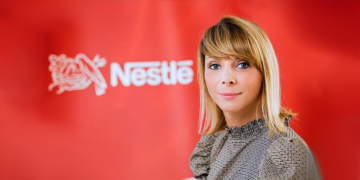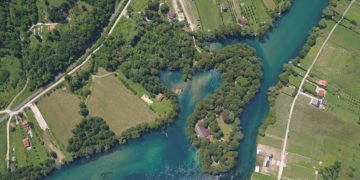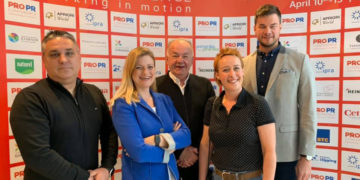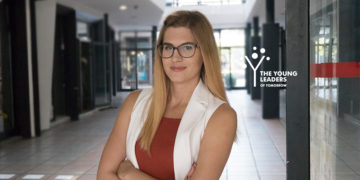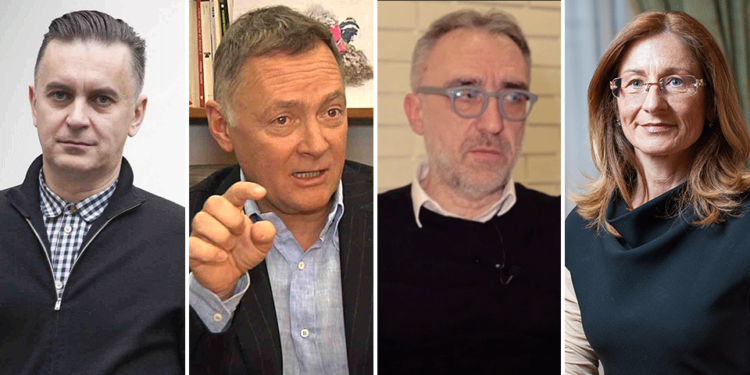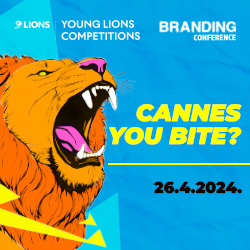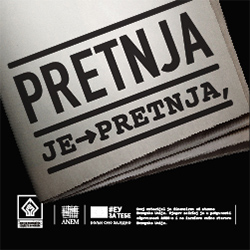Drugi jezik na kojem je dostupan ovaj članak: Bosnian
Edited by: Ekrem Dupanović
The corona virus attacked people first, before moving on to the economy, sport, culture, and most other spheres of life. Any time there is an economic crisis, the communications industry is always one of the first in the firing line. Events are canceled (or postponed), budgets cut, and clients pull back, unsure of what the smart thing to do is. Few have clear strategies in place for crisis communication, and even those that do are finding them inappropriate, given how totally unexpected the current crisis was. The world after the corona virus will no doubt be very different from the pre-pandemic era. Many agencies have taken to working from home and are already experiencing positive results. Will they go back to their offices once the crisis passes? Many probably won’t.
Media Marketing is once again trying to gather the most up-to-date information and best practices for dealing with the crisis caused by the coronavirus pandemic. We believe more information and concrete examples can help us find better models for doing business under the present circumstances. Whether clients pull back and leave the agencies and other actors in the communications industry to fend for themselves remains to be seen. One thing is certain. Once the crisis is done, they’ll come to us for ideas to help them back on the path to success. This may turn out to be a watershed moment for the advertising industry. After everything, the agencies may find a way to talk with clients on an equal footing about business and so escape the subordinate position they’ve been in for years. Will they finally understand that ideas are the strongest currency? Or will I end up looking naïve again? Will they have the courage to correct course and find better business models? If that does happen, then the financial sacrifices we have suffered and will continue to suffer as long as the crisis lasts, will not have been in vain.
We asked some of the leaders in the regional communications industry to talk to us about the problems they’re facing, how they plan to withstand the pressures until the crisis passes and whether our industry will be the same after the corona virus as it was before the crisis broke. Today, we present the first responses. We will continue our investigations in the days to come.
Damir Ciglar, Imago Ogilvy:
Even if quite a lot of the coronavirus panic is irrational, its consequences (including for the communications industry) will be very real indeed.
The direct consequences are obvious in how events and activities are being cancelled or postponed, all of which affects not just the involvement of the event personnel, but also the creative agency’s or rather its cancellation.
Another direct consequence has been the falloff in activity by advertisers, both because of how they are reorganising their work, with isolation, home-based work, and so on, and because of cutting down on planned activities as a result of a forecasted fall in demand (anything not absolutely necessary is ‘on hold’).
Then there are the consequences which we may be feeling for a long time to come, given the combination of the global fall in economic activity and the local reduction in spending due to the poor tourist season, which is already a certainty. The best we can expect from the government is a “clever” fix that ramps up the tax and levies on an already overburdened business sector, whose activities have, as I said, already been reduced.
So, in short, I think the coronaviruses may have far more harmful consequences for our economic health than for our health as individuals.
Ivan Stanković, Communis DDB:
I have to admit that this situation reminds me a lot of the period 20 years ago in the run-up to the bombing of Serbia.
It was the same: you knew something terrible was going to happen but had no idea how bad or how hard or how it would affect you, or your family, job, country. Just a whole mess of uncertainty and the awareness that there is very little you can do to stop it. You know the shit is going to hit the fan, but you don’t know when or how big it will be.
This situation is very similar, except that it is all unfolding exponentially faster and changing minute by minute, here, around the world. They’re already starting to feel the consequences, and classical or traditional Serbian dicking around by the seat of your pants isn’t going to help.
What is going to happen to the industry? Well, that’s certainly not an easy thing to predict. It all depends on the many factors influencing the global economy, as well as on how long the pandemic crisis lasts. There will be a falloff in activity, for sure. And, the part of the profession that deal with BTL, events and such activities will come off worst. That’s certain too.
Some expect there to be more TV watching because of people being forced to stay home, which could produce a rise in TV advertising, but… if you can’t buy things because the shops are closed, well, so much for that.
It’s also fairly certain that some forms of “contemporary” activity will grow, like, for example, working from home and online shopping.
At Communis we are following what’s going on very closely, getting ready to move towards those “contemporary” forms of activity. We are trying to assess jointly with clients what the clever thing to do at the present moment in time is.
And, we’re holding to comrade Tito’s wise advice: Comrades, work as though there will be a hundred years of peace, but be prepared for war in the morning.
And we laugh at jokes and memes on the Internet.
To finish, let me share one of the more interesting ones. It refers to six phases in the war against the coronavirus in the region.
First: Coronavirus?? What are you talking about! Nonsense!
Second: What? Not a chance.
Third: It won’t, will it?!
Fourth: Uffff, it’s a fucker!!!
Fifth: E, fuck it.
Sixth: Eh, … who gives a fuck!
I’m not sure how useful this strategy for fighting this horror will prove, but at least it may offer your readers some light relief in dark times, with spring finally on the horizon.
Senad Zaimović, Fabrika Sarajevo:
At this point (12.03.20 – 15:35), so far as I am aware, the communications industry in Bosnia and Herzegovina is still operating under relatively normal conditions. We expect advertisers from a lot of industries to cut back temporarily on investment in communications, and most likely in the production of communications materials and content. That is likely as early as April, and from that point on until the health and market situations stabilize. If the crisis lasts longer than three months, there may be dramatic problems for business, particularly on small and low-resilience markets (like BiH). The global communications industry is already suffering significant losses. We have seen sporting and cultural events cancelled, and sectors associated with transport and tourism are already suffering. There will be inevitable “spill-over” on local and regional markets. Only skilled and well-educated advertisers will be able to take advantage of the emerging crisis as a business opportunity. Their messaging will get through to target groups more easily and cheaply over less “congested” communication channels. It’s an ill wind that blows nobody any (marketing) good, you might say.
Janja Božič Marolt, Mediana Slovenija
What we are currently experiencing is practically a Black Swan event, like Taleb describes in his business bestseller. No one saw this coming, which is why it’s impact has been greater than everyday events. And, indeed, how insightful we all are in retrospect!?
Like in any crisis, there will be a lot of victims and some winners in the communications industry in the region. I want to be an optimist, but fear most of us may face a shortfall.
The winners get the exponential growth of the coronavirus’s spread and, with the agencies’ help, banks, insurance companies, FMCG retailers, etc., are preparing for the crisis.
One natural winner is the online industry: clicks, online stores, online shopping and home deliveries, and increased orders for online media packages from mobile providers. In Slovenia, A1 and Telekom Slovenije are focusing on people and offering for free for a limited period.
Everybody in event management, tourism, and logistics will be natural loss-takers.
Depending on how agile the media people use to “catch up with” the news prove, all forms of media can maintain or even increase their advertising revenue. The PR side of the industry may profit, but pure advertising will stay at the projected level. Investments in strategic marketing will likely be affected, but unexpected ideas may be found and realized out of necessity.
Fortunately, all of us in the region are small players, and that may turn out to be our greatest advantage – flexibility and adaptability, even a cooperative and creative role in improving the situation and the business environment.
As for Mediana, I have to praise the whole team. We have taken measures that would have been unthinkable before. And I mean that precisely. Starting with Slovenia, but then in Croatia and Serbia too, we’ve left our offices and are working from home. Cati, our telephone research centre, has been successfully farmed out to the pollsters’ houses, but is still being monitored, except that now we follow the interviews on screen as the questionnaires are filled out and monitor the conversations live. We are also continuing with online polling, but have halted fieldwork with households. Out of regard for our respondents and our field pollsters.
Compared to the recent past, the response rate has even gone up in the first few days of the crisis – telephone respondents are delighted to have somebody to talk to, to share their fears and problems with. In addition to our polling services, we’re doing good works – listening to people and offering them a kind word!
On the other hand, some major projects planned for right now have been cancelled. Most likely, our income from March will be down to one third of projected.
Internally, we will be using big data analysis to develop algorithms and new sensory research tools. I’m not afraid of not having enough to do. The only thing I’m concerned about is how and when we will be able to make good on it all, if the clients shut off the tap for marketing as a whole.








